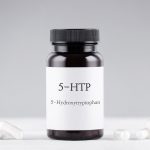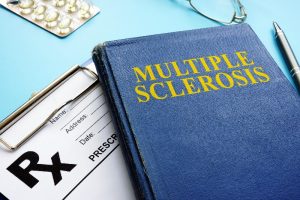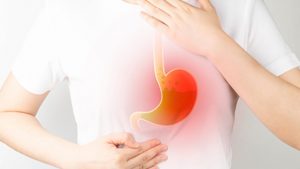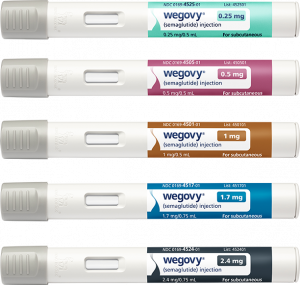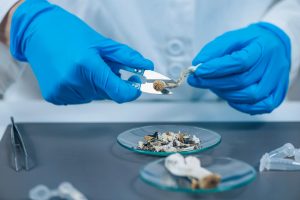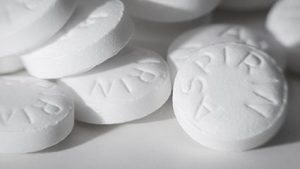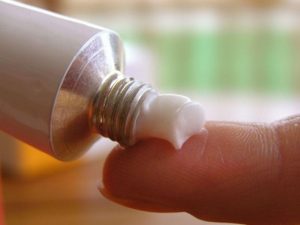
Multiple sclerosis (MS) is a chronic disease that attacks the central nervous system and leaves patients suffering from a host of symptoms, and now new research finds life stressors can make those symptoms even worse. Poverty, abuse and divorce in childhood and adulthood can significantly impact the level of disability someone with MS experiences, according to researchers from Michigan Medicine. “MS is the leading cause of non-traumatic disability among young adults, and additional research is needed to identify these external drivers of disability that can be addressed or prevented, including stress, to improve functional outcomes,” said study co-author Dr. Tiffany Braley. She is director of the multiple sclerosis/neuroimmunology division and multidisciplinary MS Fatigue and Sleep Clinic at University of Michigan Health, in Ann Arbor. “This knowledge is needed to inform MS research as well as clinical care. Referrals to resources, such as mental health or substance use support, could help reduce the impact of stress and enhance well-being,” Braley added. For the study, the researchers used survey data from more than 700 people with MS. While the findings showed impact from both childhood and adult stressors on relapse after the start of the pandemic, the impact of childhood stress on disease lost significance when further accounting for experiences in adulthood. Studies on stress and MS that don’t focus on the whole life span may miss… read on > read on >


















